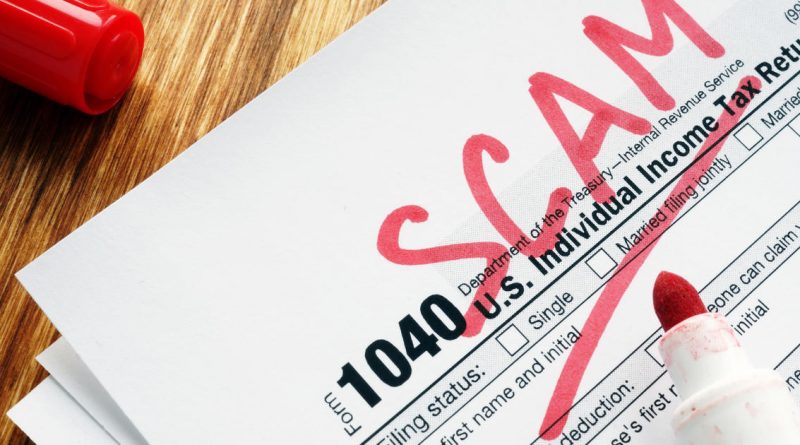Avoid these common tax scams as the April 15 filing deadline nears
With tax season bringing scammers out in droves, the Internal Revenue Service compiles an annual list of the 12 biggest ripoffs, or what the agency calls the “Dirty Dozen.”
In the run up to this year’s tax filing deadline, the IRS has identified six different scams that proliferate this time of year (It plans to outline the six other scams by April 15.) The six scams the agency has outlined so far:
- Phishing and smishing
- Promoters of questionable claims for the Employee Retention Credit
- Scammers who offer help setting up an online IRS account for you
- People pushing false fuel tax credit claims
- So-called offer-in-compromise “mills” that mislead taxpayers into thinking their tax debts can disappear
- Fake charities seeking donations to steal personal information
What the IRS will never do
CBS News business analyst Jill Schlesinger offered guidance for taxpayers to avoid being duped.
“Before you even consider scams, remember that the IRS is not texting you, and the IRS is not actually sending you an email,” she said. “So put your big defense mechanism up. And also know that they’ll only call you if you’ve actually been notified by mail prior.”
The IRS also will never threaten legal action, promise a taxpayer a refund, send emails or texts demanding immediate payment, or call you before first sending a bill in the mail. And critically, unlike scammers the IRS will never ask for anyone’s credit or debit card number over the phone.
“So what we’re trying to do is identify any inbound communication that seems to be from the IRS or from a state tax agency,” Schlesinger said, who notes that fraudsters often prey on two emotions: fear and greed.
“Fear: We’re freezing your account. Greed: You got a tax refund,” she said. “You get something like that, especially if it’s time-sensitive, then you just run the other way.”
As far as offers for help setting up an online account, Schlesinger said that’s also a clear red flag. “They are phishing or smishing you,” she said, with the latter term referring to criminals trying to extract info from victims via text message.
“They are trying to get your personal information so they can set up an account, get your personal information, file returns for you. Only do this yourself at IRS.gov,” Schlesinger said.
Schlesinger also highlights another scam that the IRS has not yet warned about involving theft of paper checks, in which thieves use a solvent to physically change the dollar amounts.
“Basically, thieves go into a mailbox, they pull out checks, they use nail polish remover, they basically wash the amount — they then steal it and cash it,” she explained.
“To avoid this, try to go to your local post office to deposit your checks. Be very careful, monitor your account, use black gel pens because they’re harder to mess with.” she said.





